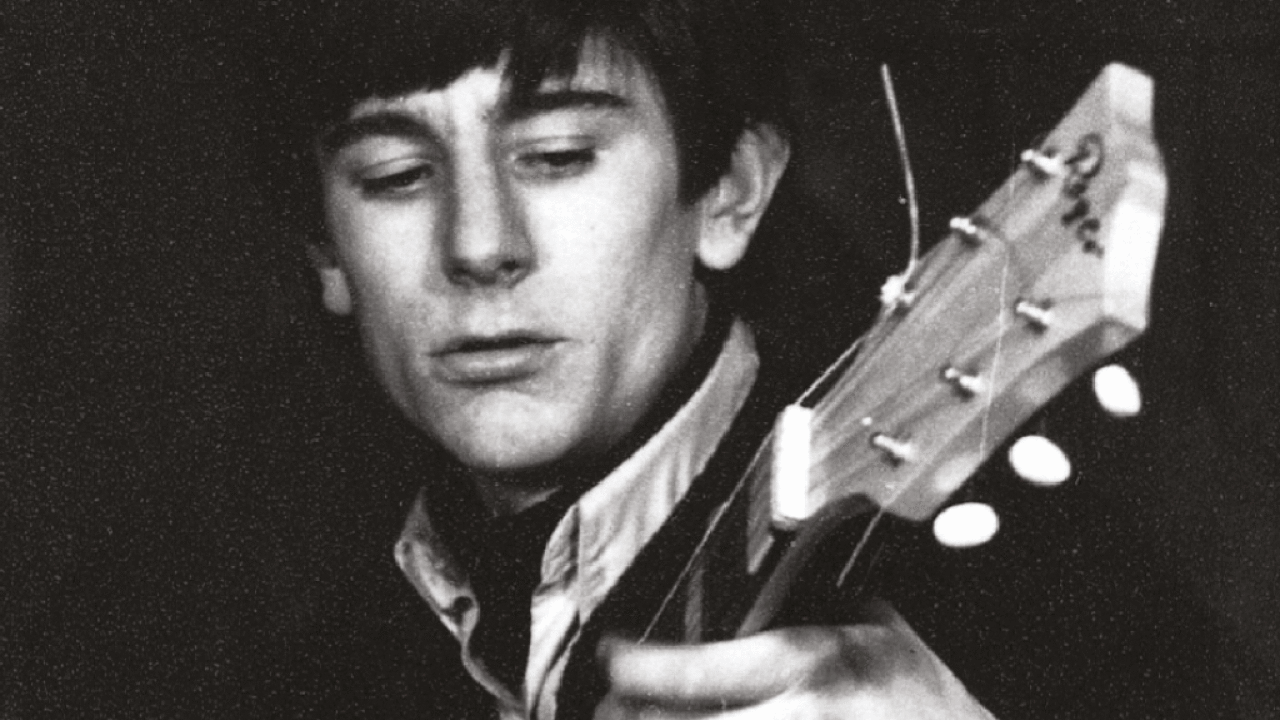“Most people my age can’t remember what they did when they were 17,” says Ronnie Wood here. “I’m no exception, but I did take the time to write it all down. I think it was because I was collecting the money at the time, I was trying to keep an eye on things…”
Wood’s diary, written when he was the lead guitarist in West Drayton R&B band The Birds, gives a fascinating insight into an era when bands like Wood’s “had a gig practically every night of the week”./o:p
It was, he says, the influence of his older brothers Ted and Art (the lead singer in R&B band The Artwoods) that set him on his own musical path with four records: Howlin’ Wolf’s Smokestack Lightning, Fats Domino’s I’m Walking, Muddy Waters’ Little Brown Bird and Jimmy Reed’s Shame, Shame, Shame. Wood’s line illustration of Reed is one of several he has added to the facsimile reproduction.
Elsewhere in the book, the diary reads like a music obsessive’s fantasy as legends pop up throughout the narrative. Lemmy, later of Motörhead, was an avid fan of The Birds and is pictured by their van; Keith Moon comes to see them at the 100 Club and then sits in on drums at The Ealing Club; organist Jon Lord, then in The Artwoods and later of Deep Purple, lives at Wood’s house and buys him Jimmy Smith’s Organ Grinder’s Swing.
Unfortunately for the reader, the teenaged Ronnie had no literary ambitions, so those looking for descriptions of wild parties, in-depth analysis of gigs, critique of records or the inner workings of his young mind won’t find them here. Wood’s descriptive powers are perfunctory rather than revealing. The Jimmy Smith album is “great”, support band The Downliners Sect are “a bit old hat”, a successful gig at the Goldhawk in Shepherd’s Bush is “an excellent night”, support band The Action are, “a good group”.
The Birds’ two brushes with fame were both in 1965. In May their second single, a scorching version of Eddie Holland’s Motown rarity Leaving Here, reached No.45 in the UK chart, but it was a court case that got them the front page of the Melody Maker, reproduced in the book. In August, at manager Leo De Klerk’s instigation, they served seven writs on the American Byrds to prevent them using their name and to claim for loss of earnings. The case failed and did little to further The Birds’ career.
The diary also includes some period pictures of the band; snaps on stage at Bristol Corn Exchange, with Wood using his guitar decorated with a “mod pattern of black and white go-faster checks”, and at Nottingham Boat House give a real sense of the time, as do gig posters proclaiming The Birds, “London’s Newest R&B Sensation”.
Despite the punishing gig schedule and The Birds’ lack of any real success, you can’t help be envious of the young Ronnie Wood. At 17, he was playing in a red-hot R&B band who recorded for Decca Records, hung out with members of The Who, went to gigs with Jeff Beck, had chats about guitar playing with Eric Clapton and as he says, “with youth on our [The Birds] side, it was a continuous adventure.”/o:p
